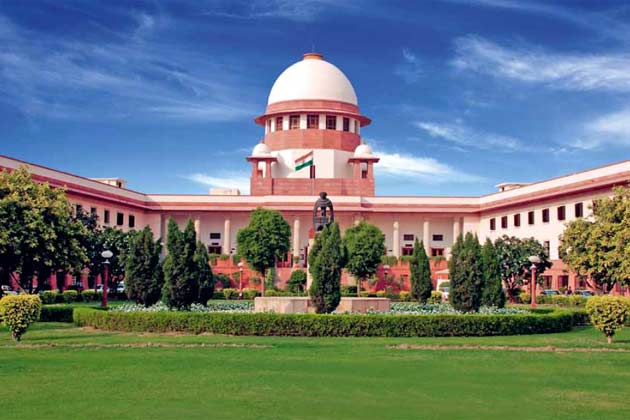The Supreme Court of India has issued a grim warning against the misuse of environmental laws by certain NGOs to prevent development. In a recent judgment, the Court dismissed an appeal against the approval of a floating solar power project at the Jayakwadi Dam in Maharashtra by the National Green Tribunal (NGT) stating the need for a fine balance between and development and environmental protection.
The case was put together by an NGO named ‘Kahar Samaj Panch Committee,’ which said that the floating solar project which was to be executed by Tehri Hydro Development Corporation would negatively affect the biodiversity of the eco-sensitive area – the Jayakwadi Dam bird sanctuary. The NGT had earlier ruled that carrying out such a project in eco-sensitive zone was not illegal.
The court also endorsed this verdict stating that the petitioner was unable to provide any important evidence to substantiate the claims. The Court noted that frivolous litigation under the guise of environmental activism often stems from vested interests, such as losing bidders or external entities aiming to delay India’s progress.
Balancing Environment against Development
The Supreme Court said that genuine ecological concerns need to be addressed, but environmental laws must not be weaponised to impair such important infrastructure projects. Justices Surya Kant and N Kotiswar Singh expressed concern over a growing trend where rival bidders or other vested interests use NGOs as fronts to destroy the developmental initiative.
In this case, the NGO claimed that the solar project would disrupt aquatic life, endanger birds, and contaminate freshwater for drinking and agricultural purposes. These arguments were found unsubstantiated by both the NGT and the Supreme Court. The NGT had also obtained an opinion from the Ministry of Environment, Forest and Climate Change, which admitted in writing that government policy favoured renewable energy projects. It was also pointed out that the NGO could not prove that the project had even entered the eco-sensitive zone or submit any legal ground for the opposition against it.
The Supreme Court’s judgment underscores its commitment to sustainable development. Besides reiterating its attention on the legitimate requirements of environment issues, it would not allow or recognise any kind of abuse of judicial processes for ulterior motives. The bench remarked: “How will the country progress if every project is opposed? Even an environment-friendly solar power project is being questioned under the pretext of saving environment”.
Consequences for Future Development Projects
The decision has set a precedent in finding a balance between environmental protection and developmental needs. It reiterates the fact that environmental issues should be legitimate and based on hard evidence instead of being mechanisms for delaying progress. The judgment also indicates a rigorous scrutiny of the motives behind the environmental litigation initiated by NGOs, particularly when the acts appear to be motivated by some hidden agenda.
The decision will clarify and boost the confidence of those developers undertaking environmentally sustainable projects in India: It also affirms the role of the judiciary in ensuring that developmental activities which are in conformity with the policies of the nation do not get delayed substantially due to frivolous objections.
By dismissing this appeal and endorsing renewable energy programs like floating solar power projects, the Supreme Court has reiterated its position on promoting sustainable development while protecting the misuse of environmental laws.


